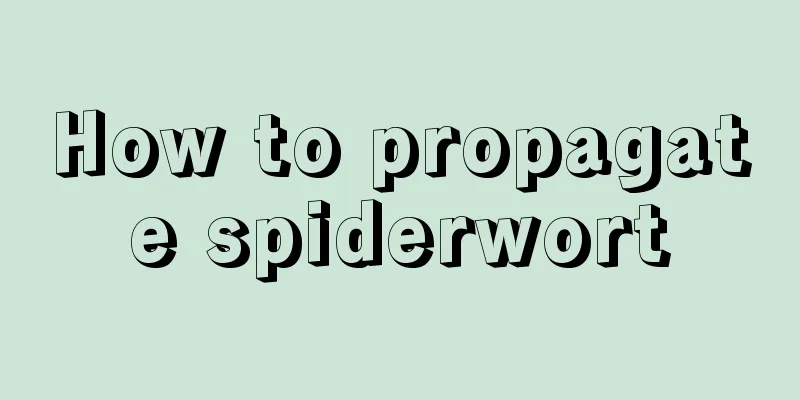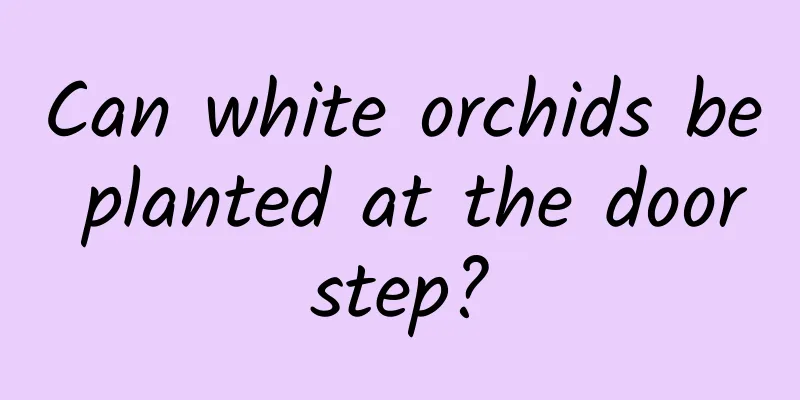Peanut pest control

Disease controlStem rotIf peanuts are infected with stem rot, the cotyledons will turn dark brown, gradually lose water and begin to dry rot. If not treated in time at the later stage, the black-brown diseased areas will rot, from leaves to stems, until the upper part of the plant dies. One way to prevent and control peanut stem rot is to choose peanut seeds with better disease resistance or seeds that do not carry pathogens before planting. And the same crop cannot be planted repeatedly on the same plot of land. Another method is to use pesticide spraying after the disease occurs. Spraying 800 times diluted carbendazim two to three times, with an interval of about one week between each spraying, can effectively prevent the stem rot from getting worse. Root rotThis usually occurs throughout the growth process of peanuts. The symptoms of the disease are that the leaves of the plant turn yellow from bottom to top, and then the leaves gradually fall off, the roots rot and die. Prevention and control methods: Mix seeds with carbendazim before planting, clean the land from diseases and insect pests, and spray 1000 times diluted carbendazim (50%) for treatment if the disease occurs after planting. Pest ControlaphidAphids mainly attack the above-ground stems and leaves of peanuts, sucking the sap from the leaves. They also reproduce quickly and if not dealt with in time, they will endanger the growth of peanuts. Early detection and early prevention, spraying with omethoate spray can effectively eliminate aphids. GrubWhite grubs attack the underground peanut fruits. Not only will they eat the peanut shells and fruits, they will also bite off the peanut roots and cause the death of the plants. Severe white grub infestations can cause large areas of peanut seedlings to die and reduce yields. The first step to deal with white grubs is to take good care of the soil before sowing. Evenly spreading furadan or phorate and tilling it into the soil can effectively prevent and control white grubs. After sowing, you can mix chlorpyrifos with fine soil and bury it shallowly near the roots of peanuts to achieve effective control results. |
<<: Pests of red banana and their control
>>: Pest Control of Bitter Melon
Recommend
How to grow sunflowers so that they will bloom out of the pot?
Whenever flower lovers want to grow flowers and p...
Can tiger thorn plum be planted in the ground?
Can Euphorbia pilosa be planted in the ground? Ti...
Is a deep pot or a shallow pot suitable for sunflowers?
Is a deep pot or a shallow pot suitable for sunfl...
Pest control of white rhododendron
Common diseases Prevention and control of sooty m...
Why are the lilac leaves turning yellow?
Reasons why lilac leaves turn yellow Normal pheno...
When is the right time to sow oil wheat?
Oilseed wheat sowing time Oil wheat, also known a...
Can sprouted garlic be eaten? How to store garlic without sprouting?
1. Can sprouts be eaten? Garlic does not produce ...
The language and legend of the mountain Michelia
The flower language of the mountain Michelia The ...
How many times can wheat be planted in a year and when are the planting periods?
How many crops can wheat be planted in a year? Wh...
How to grow round-leaf arrowroot
Breeding temperature Round-leafed arrowroot prefe...
How and when to plant bell peppers Planting techniques and management points
The best time to plant bell peppers Bell peppers ...
How to plant jujube trees
1. Preparation before planting Before planting, t...
Gardenia leaves wilt in winter
1. Reasons why leaves wilt 1. Improper watering: ...
The reason why Monstera leaves droop after changing soil
1. Wrong time Reason: Monstera grows very fast, s...
Cultivation methods and precautions of purple-edged jade peperomia
1. Maintenance methods 1. Temperature: Twenty-fiv...









